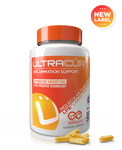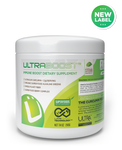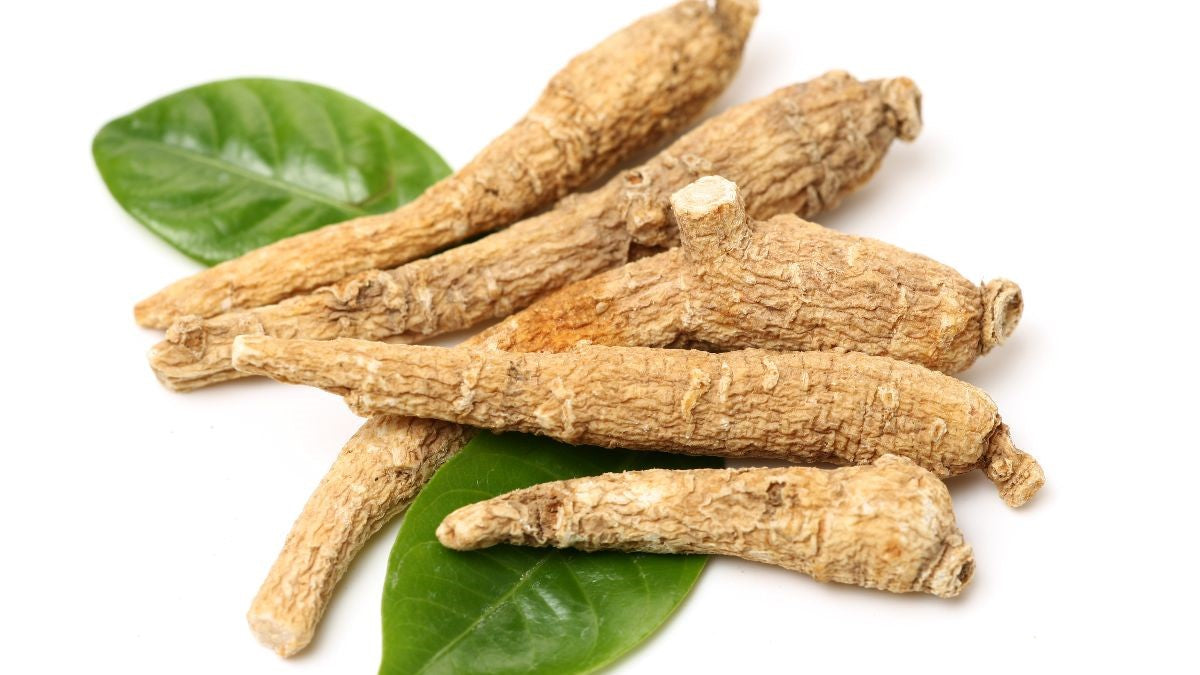[Read time: about 3 minutes]
Ginseng has been revered in traditional Chinese medicine for centuries.
This slow-growing adaptogenic herb with fleshy roots takes five years to grow to maturity... to the point where its seeds can start new plants. And it’s rare enough to have made it to the list of endangered species.
American ginseng and Asian ginseng are both popular. They vary in their concentration of active compounds such as ginsenosides. “Siberian ginseng” is not true ginseng.
Our podcast guest this week is Ed Fletcher, an expert herbalist and President of Native Botanicals, reveals some of the insider secrets of growing and harvesting this popular herb. This podcast comes complete with "mountain folklore" and fascinating stories.
And now for ginseng’s far-reaching health benefits...
1. Improves cognitive function
A human study found that middle aged adults ages 40 to 60 had improved working memory by the 3-hour point after consuming American ginseng. Previous studies showed these cognitive benefits for younger people, but scientists wanted to see if benefits extended to older populations.
Animal studies show American ginseng to be a promising agent to improve learning and memory function in mice with Alzheimer’s symptoms.
2. Improves blood sugar and blood pressure
In one study of diabetic patients, a dose of 1g of American ginseng taken with each meal significantly reduced HbA1c as well as fasting blood glucose and systolic blood pressure.
Another human study showed that American ginseng lowered systolic blood pressure 11.7% for those with diabetic related high blood pressure.
A study of American ginseng combined with fenugreek seed and mulberry leaf enhanced glucose uptake and insulin sensitivity, which may reduce blood sugar levels.

3. Help for erectile dysfunction
Research shows that ginseng may be a useful option for the treatment of erectile dysfunction (ED) in men. Seems its compounds protect against oxidative stress in the blood vessels and tissues of the penis.
Other studies show it may promote production of nitric oxide, a substance that increases blood circulation.
While some of these studies were conducted with Korean ginseng, both American ginseng and Korean ginseng contain the same ginsenosides compound that has been shown to improve sexual function.
One study in particular showed that ginseng delivered a 60% improvement in ED symptoms, compared to a 30% improvement using an ED medication.
However, more studies are needed to draw firm conclusions.
4. Enhances energy and reduces fatigue.
Ginseng has a reputation for fighting fatigue and promoting energy.
Various animal studies link ginseng components to higher cellular energy production, which could help fight fatigue.
In one study, researchers gave 364 cancer survivors either 2,000 mg of American ginseng daily or a placebo. Those in the ginseng group had more energy and significantly lower fatigue levels than the placebo group.

5. Immune system and anticancer benefits.
Ginseng may boost the immune system and reduce the risk of some cancers.
The ginsenosides have been shown to slash inflammation and provide antioxidant protection. As such, these compounds could help prevent abnormal cell production and growth, studies show.
Those who take ginseng may have a 16% lower risk of developing cancer, according to one meta-analysis.
One observational study noted that ginseng-takers are less likely to develop certain types of cancer, such as lip, mouth, esophageal, stomach, colon, liver, and lung cancer, compared to those who do not take it.
Additionally, some studies show benefits for patients undergoing chemo or surgery for cancer.
In one study of 39 patients recovering from surgery for stomach cancer who received 5,400 mg of ginseng daily for two years saw significant improvements in immune function and far fewer symptoms.
The same was true for immune markers in stomach cancer patients undergoing post-surgery chemotherapy.
Still, while these studies show promise, they’re still inconclusive. And though these effects have been studied in those with cancer, more research is needed to determine how beneficial ginseng is for immune resistance to infections in healthy people.
Is ginseng safe for everyone?
American ginseng has a generally safe profile.
However, the following people should avoid or use caution with it:
- Anyone taking blood thinners.
- Anyone taking diabetes medications (your blood sugar could drop too far).
- Women who are pregnant or breastfeeding should avoid it.
Also, there’s some evidence that extended use decreases ginseng's effectiveness. So to maximize its benefits, take a break from this herb every few weeks.
Discover the folk lore and family secrets behind wild crafted American ginseng, in my new podcast with Native Botanicals President, Ed Fletcher.




